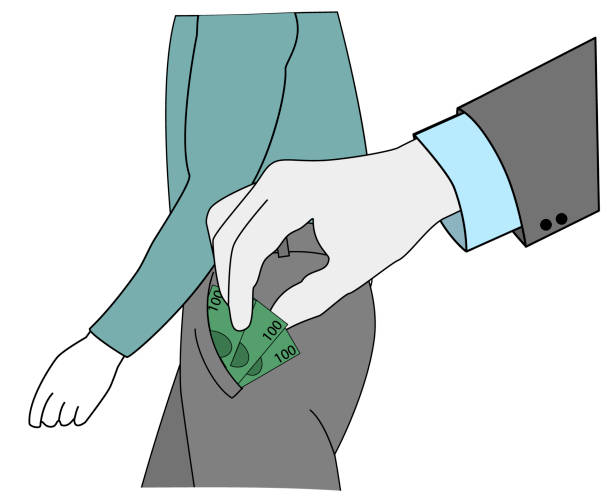Related Articles
Senate Bill 5041, which would allow striking workers to collect unemployment insurance (UI) benefits, has passed every legislative committee it has faced and could become law. People can still weigh in on the idea with their lawmakers on the bill’s information page.
The unemployment insurance fund is financed by employers and meant for workers who lose work through no fault of their own (think economic downturns, federal layoffs, COVID business closures, etc.). Making employers pay striking workers with money from that fund will not only harm businesses. It could harm the majority of workers in the state, impact the state’s economy and its taxpayers.
Unions should be the ones offering their members pay to get through a strike of their urging. What better purpose could there be for members’ union dues? Unions receive hundreds of dollars from each member each year.
The bill is even worse than a similar one last year that would have allowed people on strike to collect UI benefits for four weeks. This year’s bill would allow for 12 weeks. You can imagine how harmful it would have been to the UI fund if this law had been in place in 2024 when Boeing machinists went on strike for more than seven weeks.
Actually, you don’t have to imagine. The Employment Security Department (ESD) crunched the numbers related to providing UI benefits to striking workers in a large Boeing-style work stoppage last year. Paying 30,000 workers the max benefit under this year's version of the bill — three months — would have cost the fund around $367 million dollars.
We dodged a Boeing-sized bullet, but we might not in the future.
By trying to help a minority of workers, or their unions, lawmakers will hurt the majority of workers with the passage of SB 5041. It could even hurt the state budget and taxpayers: The bill allows public employees who strike to collect UI benefits, even though they are prohibited from striking. This could cost school districts, kids, families and a state agency. School districts, counties and cities have expressed concern.
Strikes also can eventually impact workers who had nothing to do with a strike at their workplace. Laid-off Boeing workers are proof of that right now.
If employees are paid for their contract but also collect UI benefits (this could apply in education strikes), that would be considered an overpayment, ESD says. But recovering overpayments is not a guarantee. Estimates show the state might recoup less than 50 percent of overpayments. Also, if striking workers receive strike pay from a union, they can also receive UI benefits. It is possible that a combined replacement wage in such cases could make striking a comfortable place financially until demands are met.
Fiscal note was limited
This bill would likely encourage more frequent strikes, but the fiscal note for 5041 does not account for that possibility, nor does it take into account our state’s experience with large strikes and work stoppages. It used the experiences of a state on the East Coast, which recently adopted a law like this: But we’re not New Jersey, and the law is too new there to draw any conclusions. (Only two states have a law like this: New York and New Jersey. It is a labor priority to get such legislation in all states.) Democratic Gov. Gavin Newsom rejected a similar bill in California because of the threat it posed. Maybe he saw a more accurate prediction of how much paying striking workers could harm the state.
Gov. Ferguson should get his veto pen ready. Senate Bill 5041 has the potential to hurt far more workers than it helps and is a favor to unions at the expense of the majority of workers, employers and consumers. We can’t afford to make Washington state an even less friendly place in which to do business. We already rank near the bottom of the list.
Lawmakers should refuse to work for the unions this time around and let them put their members’ money where their mouths are. If this is a priority, unions can offer pay to workers who choose to go on strike.






